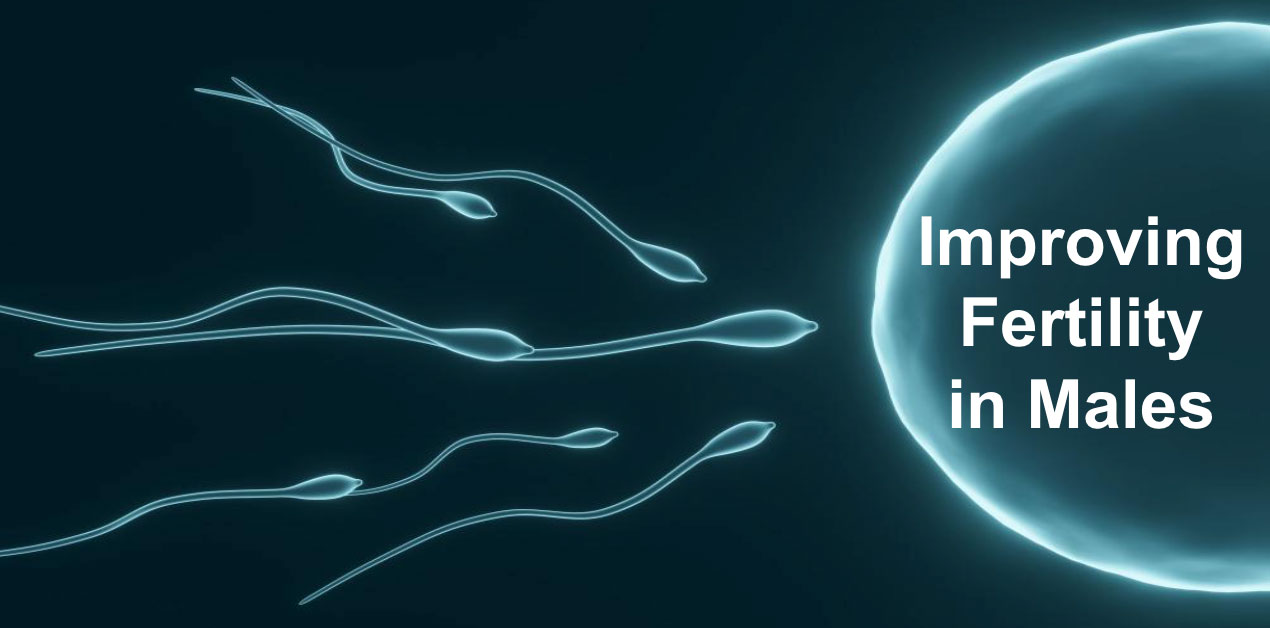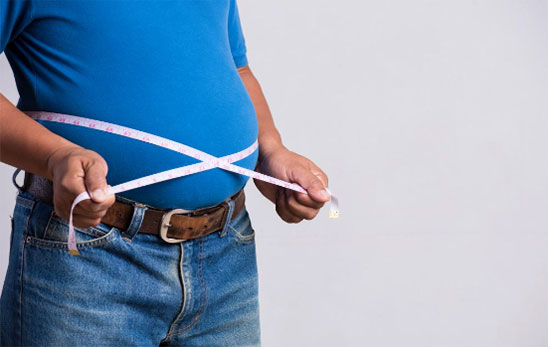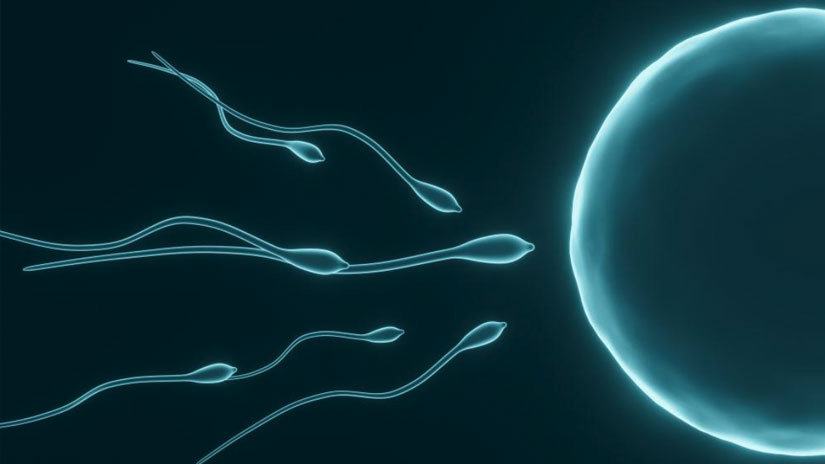
The rise in male infertility has led to an increased interest in the nutritional factors that influence the development and quality of sperm. It is reported that around 30% of infertility cases arise from men’s issues. Infertility is a multifactorial condition that can be caused by poor nutrition, sedentary lifestyle, emotional stress, and the environment. All these affect several characteristics features of sperm, such as sperm count, motility and morphology and even cause changes to the sperm’s DNA.

1. Weight matters
Research shows convincing result on overweight and obese with low semen quality. Overweight causes hormonal disruption such as decreased testosterone and increased estradiol hence impacting sperm production. Excess fat accumulation in the inner thighs and pubic region may also cause warmer temperatures in the pubic area, causing altered sperm production. It’s best to get close to your ideal weight before you try to conceive or seek help with fertility treatments.

2. Dietary fat factors in male fertility
Fatty acids, in particular Omega-3 fatty acids (one of the polyunsaturated fats) are necessary for sperm’s membrane fluidity and flexibility, building a better morphology of the sperm, that helps effective fertilisation of sperm and egg. Diet high in saturated and trans fat have been associated with decreased sperm quality. Boost your omega-3 intake by including deep sea fish, walnut, flaxseeds and canola oil in your diet while going easy on the bad fats – saturated and trans fat from red meat, processed food and fried food.

3. Antioxidants
Sperm are very vulnerable to oxidative damage by free radicals. Oxidative damage can affect many parameters of male fertility, including sperm motility, sperm count, and DNA damage. Sources of free radicals include smoking, processed foods, fried food, alcohol and environmental pollution. An antioxidant-rich diet can improve fertility. Examples of antioxidants include vitamins C and E, folate, carotenoids as well as minerals such as selenium, zinc, and copper. Consume a healthful diet containing a variety of protein sources, whole grains, nuts, fruits and veggies to get a variety

4. Avoid prolonged exposure to heat
Frequent and prolonged heat exposure to the male’s pubic area is detrimental for sperm health. Heat from hot tubs, tight underwear and laptops or mobile phones can affect fertility as the male reproductive system is sensitive to heat. It’s okay to enjoy a hot bath for short period of time once in a while!

5. Avoid smoking and alcohol
Smoking causes lower sperm count and motility plus causing abnormalities in sperm shape and function. It also can cause oxidative damage to sperm, which could be responsible for birth defects and other diseases.
Excessive alcohol consumption can decrease sperm production and lower testosterone levels in men. Alcohol also increases the formation of free radicals and causes damage to the sperm.
